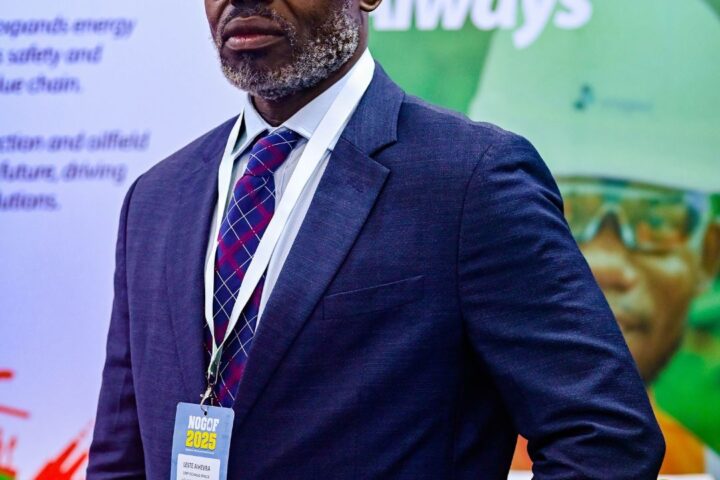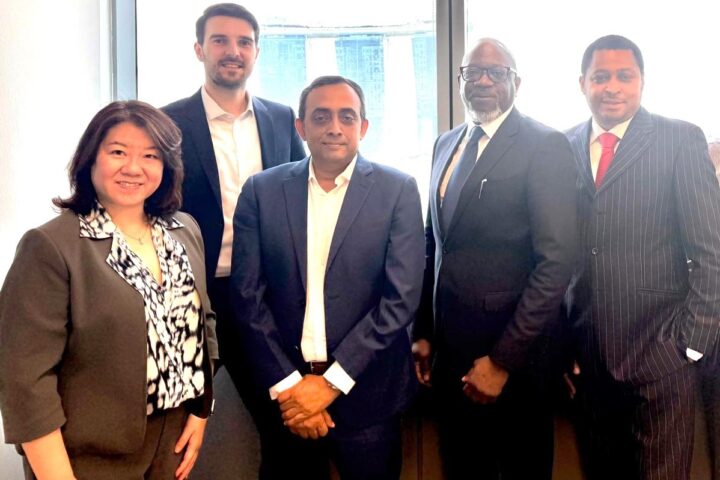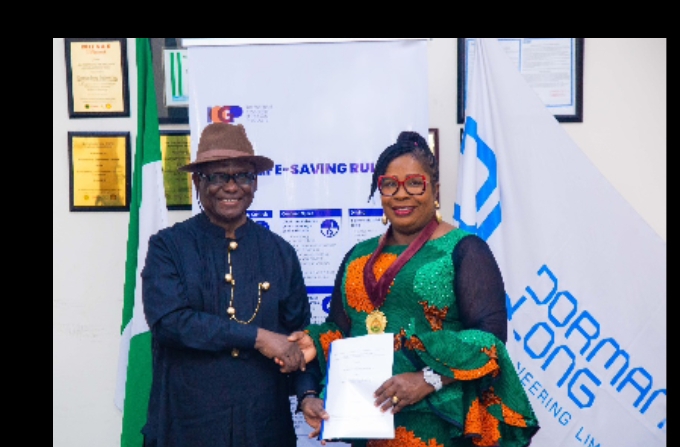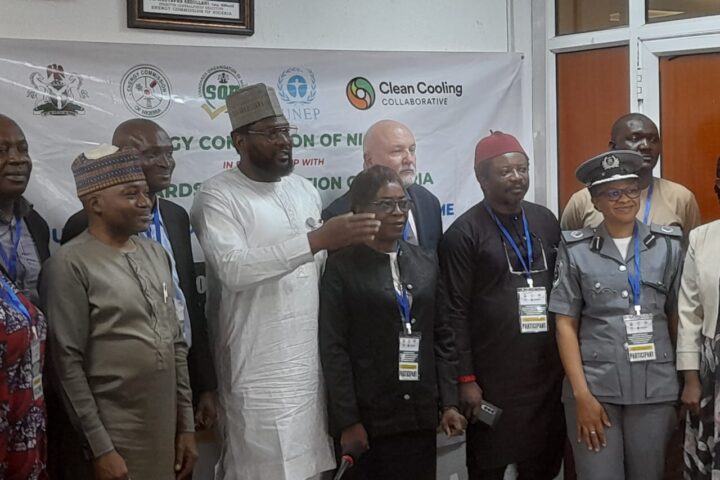
Yuletide:IBEDC Assures Customers Of Quality Services
Mohammed Shosanya The Management of Ibadan Electricity Distribution Company (IBEDC) Plc,says it has implemented measures to ensure network stability and smooth operations throughout the holiday season. Its Managing Director,Engr. Francis Agoha conveyed
















